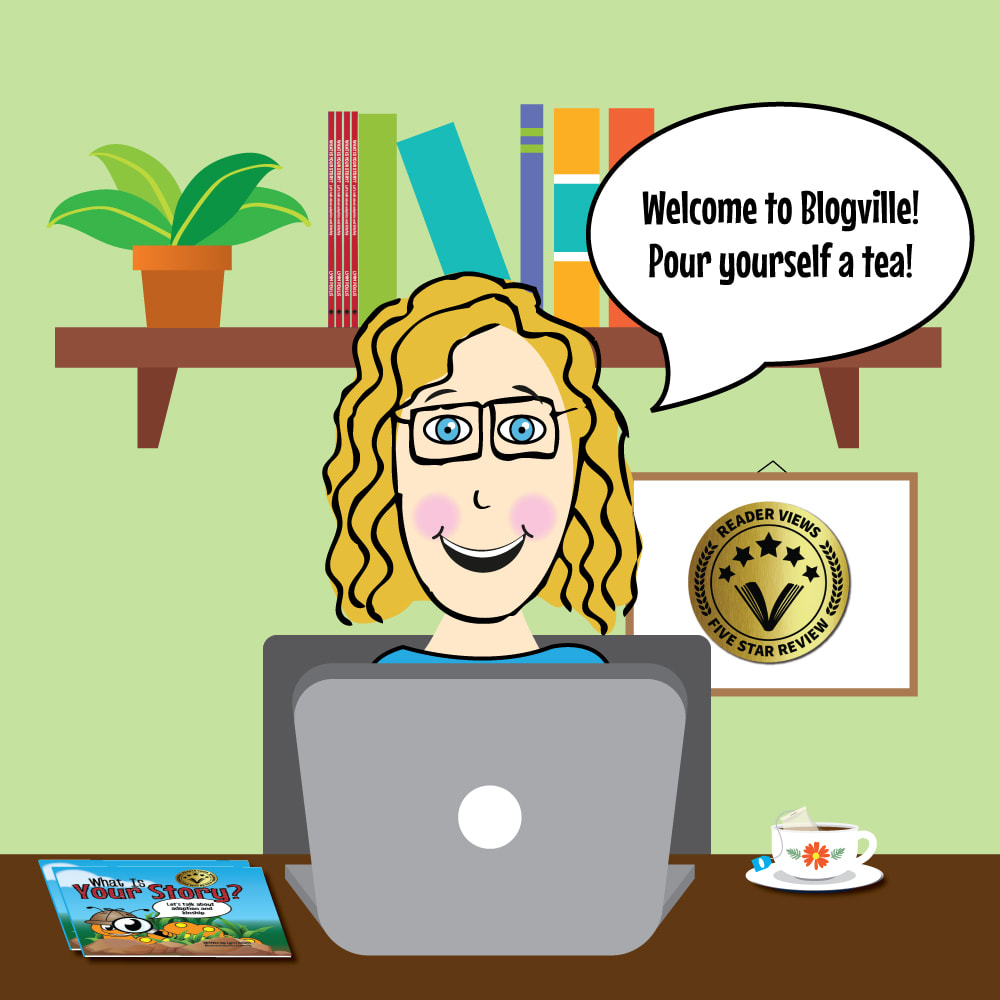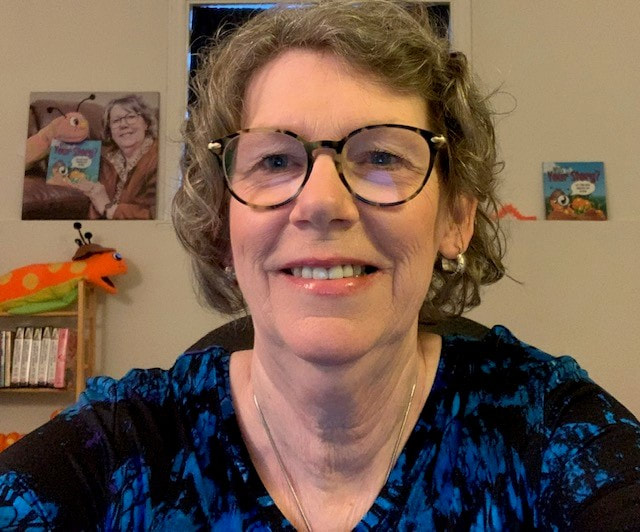|
Welcome back to Blogville, will you join me in a green tea as you read today’s blog post? I’m so glad you are here.
Question for adoptive parents. When you notice the child you have adopted examining your face, do you assume that they are examining your face and imagining what their birth parent’s face might look like? I suggest that you not assume they are looking at the differences between your face and theirs. They may actually be examining the similarities. Remember, even children of a different culture than yours typically have two ears and two eyes, a nose, a mouth, a forehead, cheeks, and a chin, just like you do. These features may look very different or very much the same as yours. I suggest asking children to identify what is the same between the two of you, and what is different. If a child has dark skin and you are very pale-skinned, they are going to notice. If you try to tell the child you actually have the same skin, just different shades of it, they may find that confusing. Talk with them about the differences in your skin. After all, their brown eyes and your blue eyes are different for a reason, their hair may also differ from yours, along with their body type, height and weight. These differences exist because they have been adopted. Talk about that. Your child will recognize and identify your face simply because it is the face of their parent; the parent who tucks them in, reads them books, tells them “no”, and takes care of them. Is that not the most important recognition? Sure, they may wonder why their face is very different from yours (if it is), but parenting is not about looking the same, it is about being recognized and identified as their parent. Children may look more like their birth parents, especially in the case of intercultural adoptions, but when they look at your face, they know. They can see who you are, more importantly, who you are to them. Even children who maintain contact with their birth family members know who their parenting parents are. Most children at one time or another fling angry words at their adoptive parents when they never, or rarely, do this with their birth parents. This usually happens simply because they know they can risk sharing their frustrations and feelings with you, and that, no matter what, you will still be there for them. I remember as a child and then as a youth always being physically compared to someone in my adoptive family. Mom would say that I was tall like my dad, or like her mother. My dad would simply say I was tall for my age, then, without thinking it through, would sometimes say I looked like a ‘hockey stick with hair on it’. Yeah, go ahead and cringe, I know I did. My dad tried to navigate uncomfortable things with humour. My mom, I think, was just trying to make me feel like I belonged. I think she truly believed that if I thought I looked like someone in my adoptive family, I would not try to shake my birth family tree. I think she was just trying to make sure I felt like I belonged. How I remember it is just having a strong sense of wonder. I would wonder if I looked more like my birth mother or my birth father. If I passed them on the street, would I recognize them, I wondered. I would look with interest at people in my school who looked even the slightest bit like me and wonder; Did their mother have a baby before them with another man? Did their father make someone else pregnant before he met their mother? Could they be a half-sibling to me, or maybe even a full sibling? This wondering had nothing to do with loving my adoptive parents and everything to do with simple curiosity. So many adoptees today are spared that wondering. They may have actual pictures of birth parents and other birth relatives in a life book that was gifted to them in the adoption process. They may have contact with birth relatives with whom they can compare their likenesses and differences. I think that it would have been pretty neat if that could have happened for me. Who I looked like may have helped me see into my future. When you are young the following questions can matter a great deal: Would I be tall, or slender? Should I consider athletics? Would I get bad acne in adolescence? What changes could I expect in my body as I grew into an adult? These are just some of the many things I had wondered about. That being said, I never had to wonder about the faces of my adoptive parents. I knew the shape of their faces by heart because I saw them every day as they parented me and helped me navigate through life. I knew the colour of their eyes, how they darkened when I misbehaved, and how they lit up with pride at my accomplishments. I knew that my dad was tall, and strong enough to carry me on his shoulders and that the world looked very far down when he did. I knew that my mother’s arms fit around me just right and that her hand always seemed to have a tissue there for when my heart was breaking. I knew that I was fair-haired while both of them were dark-haired but my mother often warned that their hair would get lighter as it turned grey from worrying about me. ‘No one knows a woman’s true hair colour anyway’ my dad would say. I would know their hands anywhere; I ran from them when I had misbehaved and I ran to them when needed help. My dad’s hand and fingers often gripped a pencil tighter and tighter as he tried to get me to understand math, an ongoing exercise in futility. My mother’s hands were always busy creating sweaters, hats, and scarves; her fingers deftly running the Singer sewing machine to create pants long enough for me so I didn’t look like I was ‘expecting a flood’. When I looked at my parents, all I saw was love. It never mattered to them that I was born to other people, I was theirs. It was their responsibility to turn me into a productive and kind human being. They took on that responsibility through paperwork, not labour and delivery, but they took that commitment very seriously. As an adult, through changes to adoption disclosure laws, I got to know the faces of my birth parents. I got to know the faces of my birth half-siblings. This information did fill in some lifelong gaps for me. My birth father was a very tall man, with blue eyes. My own face is reflected in the photographs of my birth mother, uncannily so in fact. But when you talk to me about my mom or my dad it is not my birth parents’ faces I see, it is the faces of the two people who shaped me to be who I am today, my adoptive parents’ daughter. Thanks for reading! As ever, I would love for you to share your comments. If you prefer a less public forum to do so please feel free to email me at [email protected]. See you next time.
0 Comments
Your comment will be posted after it is approved.
Leave a Reply. |
Read More
July 2024
Categories |



 RSS Feed
RSS Feed